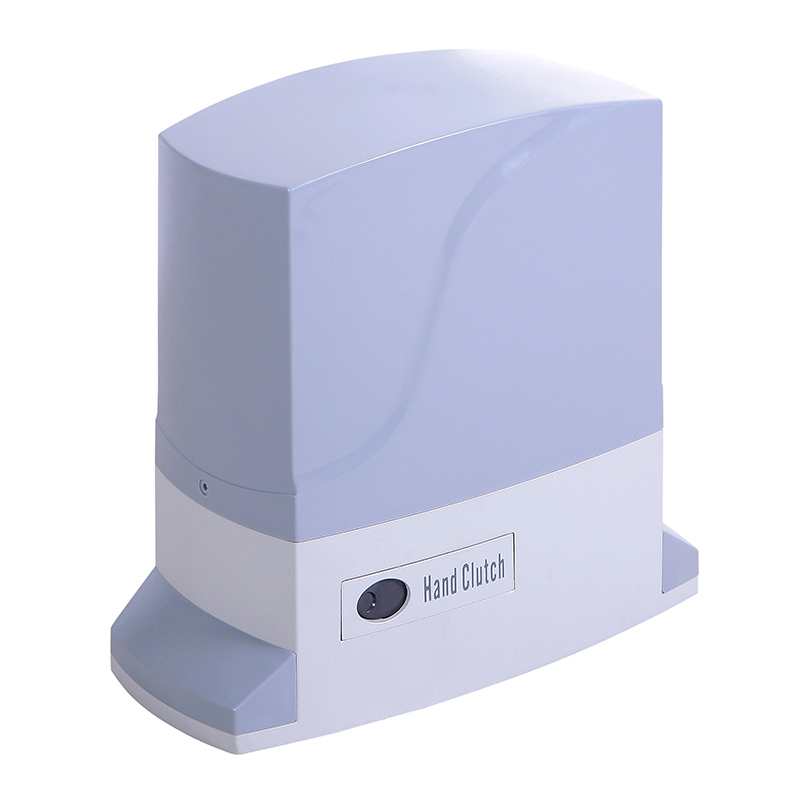Automatic sliding gates offer convenience, security, and aesthetic appeal for residential, commercial, and industrial properties. However, the production processes involved in manufacturing these gates can have significant environmental implications. In recent years, automatic sliding gate manufacturers have been increasingly mindful of environmental concerns and have implemented various strategies to reduce their ecological footprint. In this article, we explore how manufacturers address environmental concerns in the production processes of automatic sliding gates.

1. Sustainable Material Selection:
One of the primary ways automatic sliding gate manufacturers address environmental concerns is through sustainable material selection. Opting for eco-friendly materials, such as recycled metals and aluminum from sustainable sources, helps reduce the environmental impact of gate production. Additionally, manufacturers may prioritize materials that are durable, corrosion-resistant, and recyclable to extend the lifespan of the gates and minimize waste.
2. Energy-Efficient Manufacturing Processes:
Manufacturers are implementing energy-efficient practices to reduce the carbon footprint of automatic sliding gate production. This includes investing in energy-efficient machinery, optimizing production processes to minimize energy consumption, and utilizing renewable energy sources such as solar power for manufacturing facilities. By reducing energy usage during production, manufacturers can lower greenhouse gas emissions and contribute to environmental sustainability.
3. Waste Reduction and Recycling:
Automatic sliding gate manufacturers are adopting waste reduction and recycling initiatives to minimize the amount of waste generated during production. This includes implementing practices such as material recycling, waste segregation, and reusing scrap materials in other manufacturing processes. By diverting waste from landfills and promoting a circular economy, manufacturers can minimize their environmental impact and conserve natural resources.
4. Emissions Reduction:
To mitigate the environmental impact of emissions associated with manufacturing processes, automatic sliding gate manufacturers are implementing measures to reduce air and water pollution. This may involve installing pollution control devices, such as particulate filters and wastewater treatment systems, to minimize emissions and ensure compliance with environmental regulations. Additionally, manufacturers may seek to optimize transportation logistics to reduce carbon emissions associated with the distribution of gates to customers.
5. Environmental Certifications and Standards:
Many automatic sliding gate manufacturers are obtaining environmental certifications and adhering to sustainability standards to demonstrate their commitment to environmental stewardship. Certifications such as ISO 14001 (Environmental Management System) and LEED (Leadership in Energy and Environmental Design) provide frameworks for implementing sustainable practices and reducing environmental impact. By achieving certification and complying with recognized standards, manufacturers can enhance their credibility and appeal to environmentally conscious consumers.
Conclusion: Automatic sliding gate manufacturers play a crucial role in addressing environmental concerns through sustainable production practices. By prioritizing sustainable material selection, energy-efficient manufacturing processes, waste reduction and recycling, emissions reduction, and adherence to environmental certifications and standards, manufacturers can minimize their ecological footprint and contribute to a more sustainable future. As consumer demand for environmentally friendly products continues to grow, the adoption of sustainable practices in automatic sliding gate manufacturing will become increasingly important in achieving environmental sustainability.